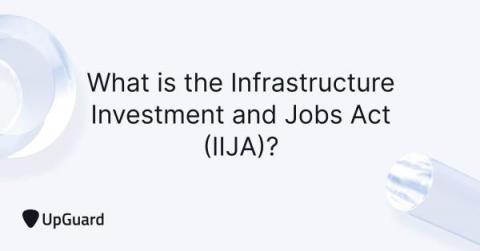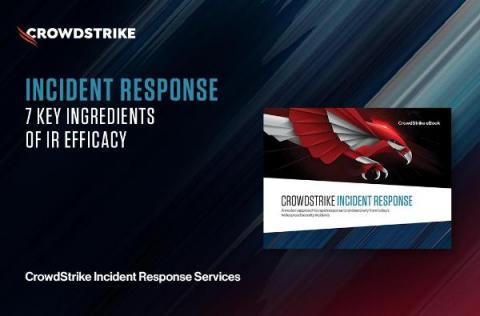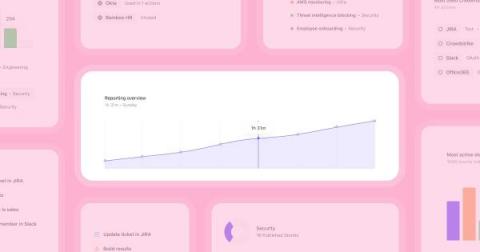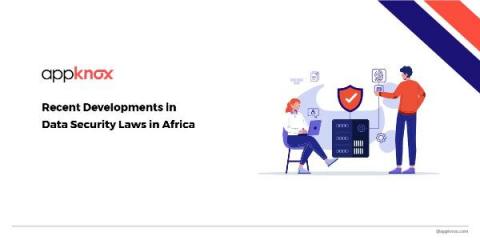What is the Infrastructure Investment and Jobs Act (IIJA)?
In November of 2021, President Joe Biden signed the Infrastructure Investment and Jobs Act (IIJA) which authorizes a plan to invest $1.2 trillion into the nation's infrastructure. This bipartisan infrastructure bill plans to bolster the transportation, energy, water, utility sectors, and state and local governments. An important provision within the IIJA is the allocation of $2 billion towards enhancing the cybersecurity of government organizations.











